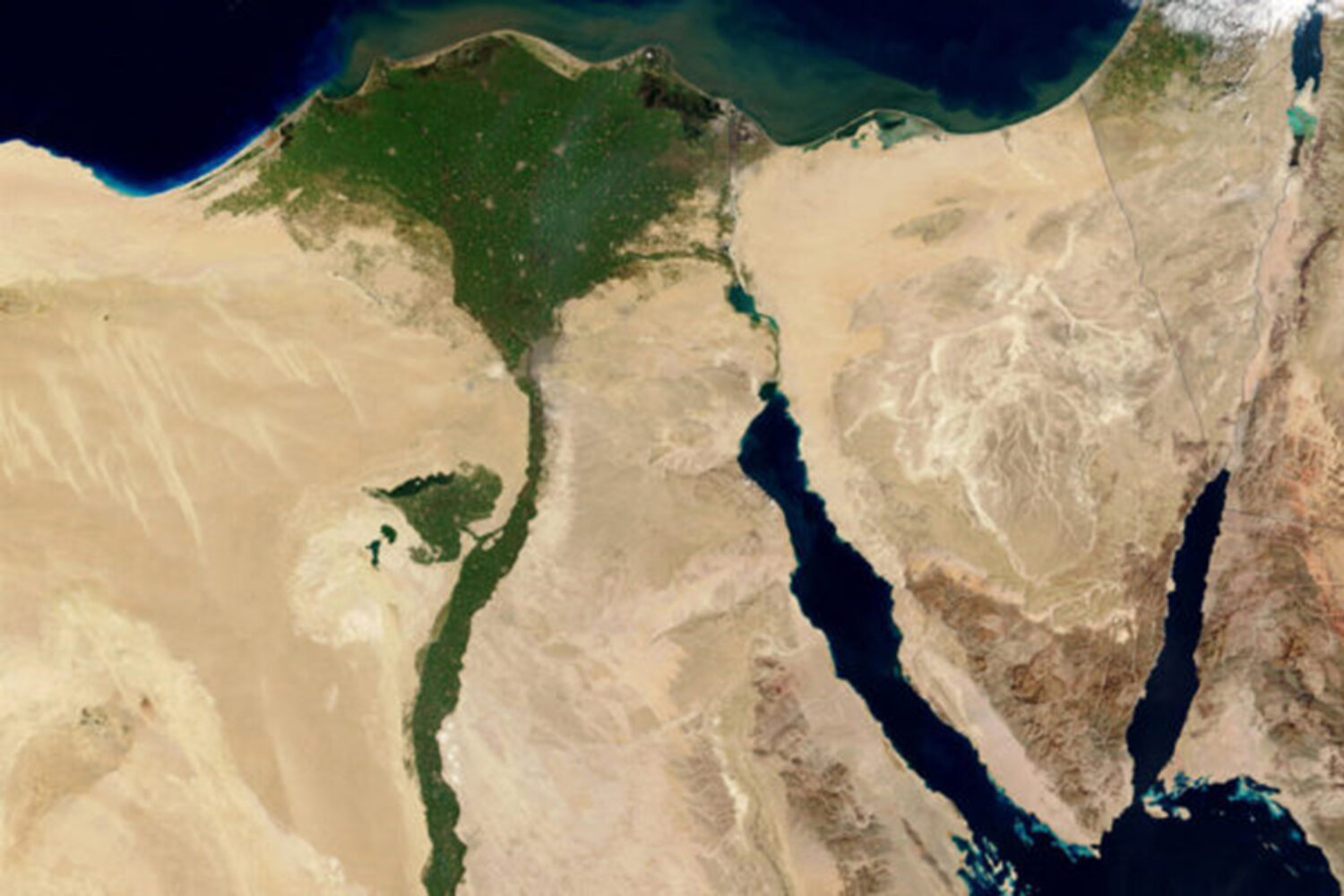According to a recent study by the Munich-based Ifo Institute on behalf of the German Federal Ministry of Economics, almost ten percent of all German import and export goods passed through the Red Sea in 2023 – a trade volume of around €136 billion.
In addition to standard commercial goods, this mainly included critical raw materials and industrial preliminary products. “Various critical raw materials or important preliminary products for industry come to Germany by sea via the Red Sea,” said Ifo trade expert Lisandra Flach at the presentation of the study on Wednesday. “The sea passage is therefore of particular geo-economic importance for Germany.”
The security situation in the Middle East is tense: Attacks by Houthi rebels on ships in Yemen pose transportation risks – more and more shipping companies are currently avoiding the Red Sea.
Other important routes for foreign trade are the Strait of Malacca (8.7%) and the Taiwan Strait (7.1%). In comparison, the importance of the Strait of Hormuz with Iran as a key riparian state and the Panama Canal for German foreign trade is rather low: only 0.5% of all German imports came via the Panama Canal in 2023, and only 0.4% via the Strait of Hormuz, according to the Ifo Institute.
“Global trade is concentrated on a few sea routes with strategic bottlenecks, such as the Suez Canal,” said the co-author of the study, Katharina Erhardt from the University of Düsseldorf. “Blockades or disruptions to these sea routes, such as the recent attacks by the Houthi rebels in Yemen, have considerable economic consequences for Germany.”
The precarious security situation in the Red Sea has been affecting maritime traffic for a long time. For example, Hapag-Lloyd, like many other major shipping companies, has been avoiding the Suez Canal since the Houthi militia began attacks on merchant ships in the adjacent Red Sea at the end of 2023 in support of the radical Islamic Palestinian organization Hamas in the Gaza war with Israel.
A spokesperson for the German Shipowners’ Association (VDR) warned in an interview with the media: “The study clearly shows how vulnerable Germany’s foreign trade is due to its concentration on just a few routes. Particularly in the case of essential raw materials, dependency is over 90 percent in some cases. Political tensions or a closure like the one in the Strait of Hormuz could cause serious disruption.”













